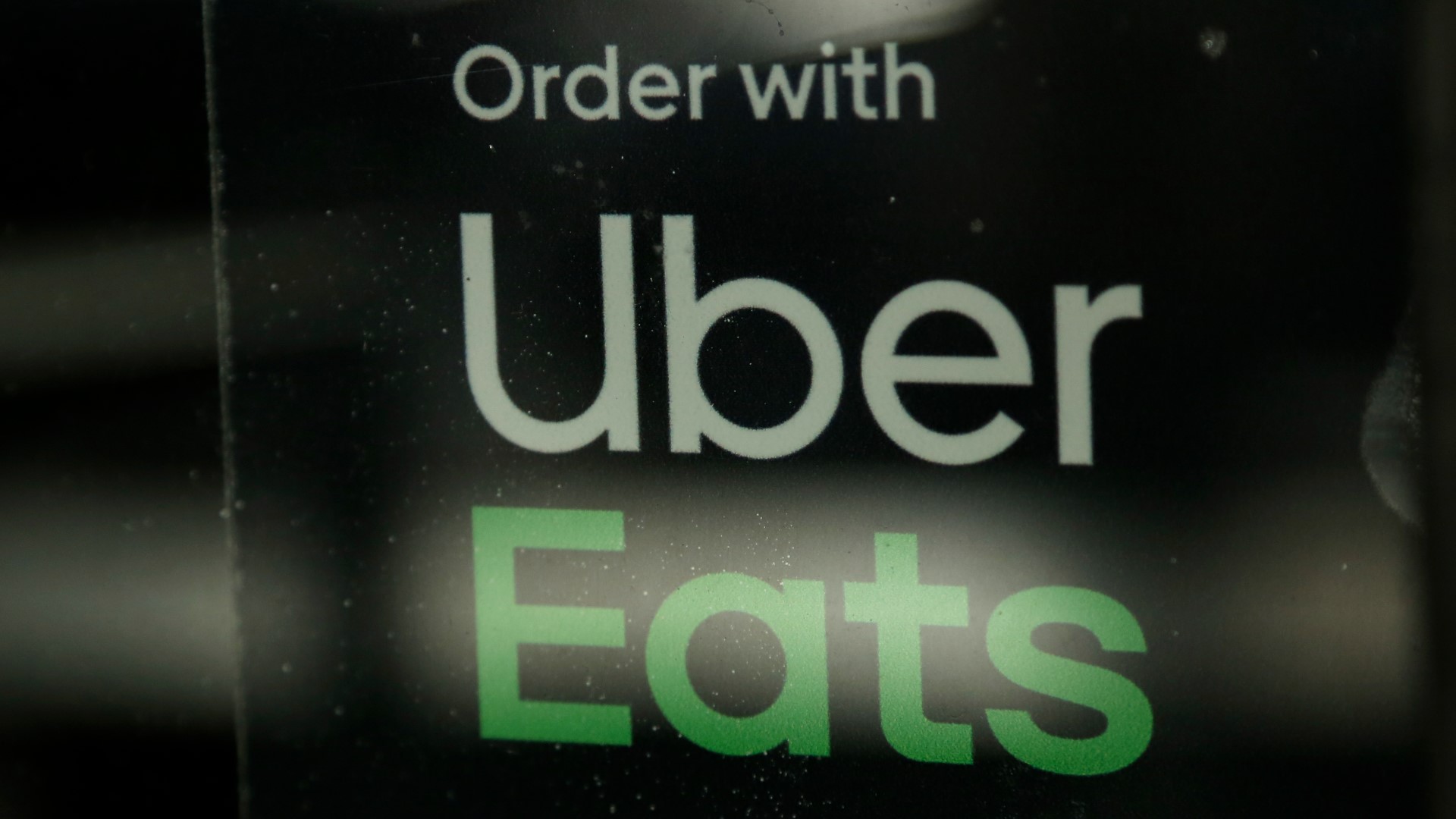SEATTLE — A new bill proposed in the Seattle City Council aims to ensure app-based workers are getting paid minimum wage.
The policy is receiving praise from gig workers and pushback from food delivery apps who claim the legislation could have unintended consequences that hurt drivers.
On Thursday, two Seattle City Councilmembers, Lisa Herbold and Andrew Lewis, formally introduced the "PayUp" proposal, joining gig workers who are pushing for legislation to increase pay among other protections.
The bill would require companies to pay workers Seattle's minimum wage using a formula that considers factors like a per-minute amount, a per-mile amount and engaged minutes and miles.
The bill also aims to provide drivers "with information needed to make informed choices about which offers to accept" and provide customers with information about what charges they're paying, including how much money goes to the driver and how much money goes to the company.
The bill is packaged with five other proposals, which address issues like bathroom access, anti-discrimination, background checks, deactivation from apps, and establishing an advisory board.
Herbold said she and Lewis began having conversations with stakeholders last June. The first bill about minimum payment, transparency and flexibility will be discussed beginning on Tuesday, April 12.
Fave Kitchens is a group of local restaurants working out of one spot, filling delivery bags, and getting online orders out to the door.
Raymundo Martinez is operations manager now, but he used to be a delivery driver.
“I see both sides, you know. I understand the business side of it. I also understand the workers side of it,” he said.
During a news conference, gig workers said the proposal is long overdue.
“'PayUp' levels the playing field ... It provides transparency so I know what I am being paid, and how that pay was calculated,” said one worker.
The policy is receiving pushback with some critics saying it could result in less opportunity for drivers. One of those critics is Michael Wolfe, the executive director of Drive Forward
“The main concerns are the reduction of demand because prices will have to go up. And as prices go up, demand goes down. If there's a significant reduction in demand due to this, then it's going to mean less trips for drivers,” said Wolfe.
Wolfe says Drive Forward is an organization that advocates for independent gig workers and has 2,500 members. It does receive some funding from companies like Uber.
“It's not the companies that are having control over us. It's the drivers that control our organization,” said Wolfe.
An Uber spokesperson said the company supports attempts to raise pay for delivery drivers, but that the proposed legislation could decrease demand, and therefore opportunities, on the app.
“While we support efforts to improve earnings for delivery partners, the policy being pushed through the council will result in less work opportunity for drivers, increased costs for consumers and less orders for the local small businesses that access our platform," a spokesperson said. "The unintended consequences of taking away access to work and stifling income for small businesses is not the answer. We look forward to talking with the City about how best to support delivery drivers without unintended consequences that could hurt restaurants and customers.”
A DoorDash spokesperson echoed concerns the law would raise delivery costs too much for customers, leading to less work for drivers. The statement reads:
“People across Seattle rely on DoorDash for access to meals, groceries, and other essentials, as well as the ability to earn when, where, and however long they want - and this proposal could put this out of reach. If passed, this could lead to dramatically increased costs of delivery, which could reduce orders. We estimate that if passed, Seattle businesses would lose over an aggregate of $74 million per year and Dashers would lose over $32 million in aggregate earnings due to this expected drop in orders.
We’ve long supported efforts to strengthen Dasher earnings while protecting the independence they value most. In fact, Seattle Dashers already earn over $28 per hour on delivery on average with over 90% of Seattle-based Dashers working fewer than 10 hours per week. This proposal was drafted with no third-party research on its impact, yet we know it could harm Seattle residents and businesses. We urge City Council to engage with stakeholders to understand the unintended consequences for Seattle communities.”

